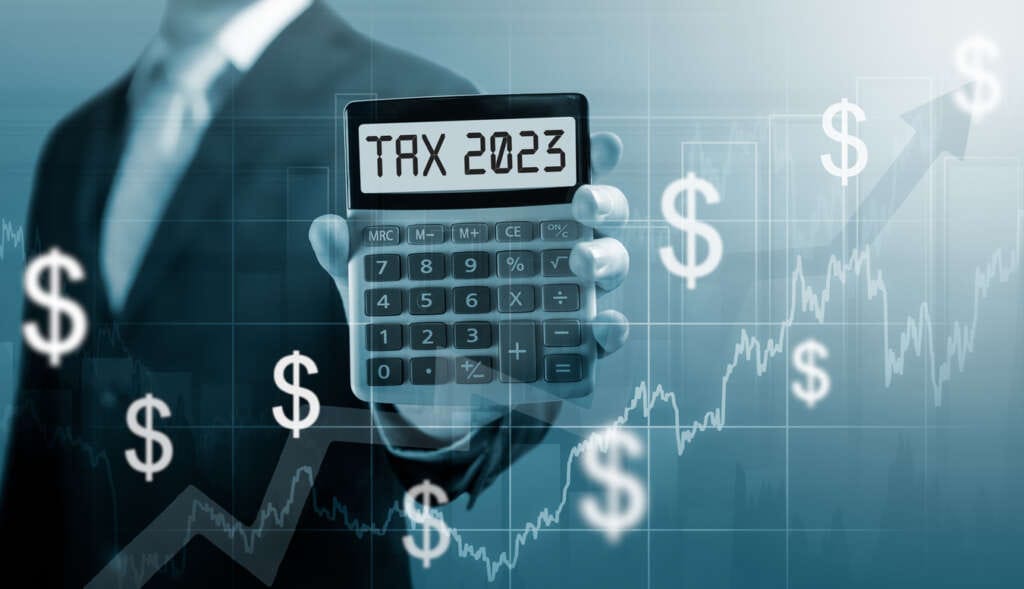

In recent years, technology has played an important role in driving innovation across the UK tax ecosystem. Not so long ago, for instance, tax professionals worked on siloed desktops, forcing the predominant tax operating model to black and white – either everything was done in-house or everything was outsourced. This continues to be the status quo for most businesses, but as tax processes have become increasingly digitised, hybrid co-sourcing models have emerged and are becoming a more realistic choice for busy tax departments.
In the scenario where a business co-sources their tax compliance, a whole new opportunity for flexibility is opened up. Taking advantage of the adviser’s specialised knowledge, tools, and resources can be a tremendous help to corporations lacking in certain skills. Yet, if an organisation has great systems and data skills, they are not tied into an outsourcing contract and can utilise their existing strengths. Rather than it being all or nothing, co-sourcing provides flexibility whereby corporations can pick and choose which tasks are outsourced and which are kept in house. And advisers can benefit too – using this tech-led co-sourcing approach, there is much greater scope to offer their clients valuable advice.
Moreover, as the recessionary fog continues to build, the future becomes more uncertain and unclear, and may well lead to businesses cutting their budgets, reducing the available funds for recruitment and training. This will also drive the adoption of co-sourcing, allowing companies to work with advisors to fill the gaps in their skills and expertise, rather than a full outsourcing service, which can be isolated and expensive. As the growth of cloud technology has allowed organisations to work on the same platforms, the ‘us’ and ‘them’ mentality that often comes with outsourcing is eliminated, and replaced with a much more collaborative approach.
Influential innovation
Sitting at the heart of these developments is a range of significant technological innovations and trends that make the co-sourcing model more practical and logical for finance teams than has been possible before. These include:
- Remote access: Technology is enabling businesses and their advisors to more effectively share information and collaborate remotely, regardless of their physical locations. This can be particularly beneficial for businesses that operate in multiple locations or for when it is not feasible for an advisor to be on site.
- Automation and data analytics: Advanced automation and data analytics technologies can help businesses and advisors streamline their tax processes, and improve the accuracy of reporting. For example, automation can reduce the time and effort required to process large volumes of data, while data analytics can help to identify trends and patterns in the data that may be useful for planning and compliance.
- Cloud-based solutions: By using cloud-based solutions, both the advisor and business can have access to the same information and systems, which can help to improve collaboration and coordination. In fact, 2023 is set to be a defining year for the UK tax industry, with departments planning to spend more on cloud-based services as opposed to desktop technology for the very first time.
- Security: With the sheer amount of sensitive data that tax teams hold, alongside the growth of regulations like GDPR, data security is so important in the finance sector. Utilising technology for data protection and access control, such as enabling multi-factor authentication, can help ensure that confidential information is protected and only accessible to authorised personnel.
Those businesses adopting the co-sourcing model are putting themselves in a strong position to realise a range of important benefits. For example, working with third-party providers typically opens up access to specialised expertise and experience across a wide range of tax-related issues.
Yet, businesses aren’t tied into a fixed contract and can adjust the level of support they receive from the adviser as their needs change over time. This agile scalability can be a good solution for businesses that experience rapid growth or changes in their tax needs, as they only use and pay for their advisor’s work as and when they need it.
With these capabilities and processes in place, tax departments can continue to be agile – a quality which is likely to prove essential in the current climate. And as technology continues to improve, 2023 is likely to become the year when co-sourcing builds significant momentum to become a mainstay of the tax industry in the years to come.


